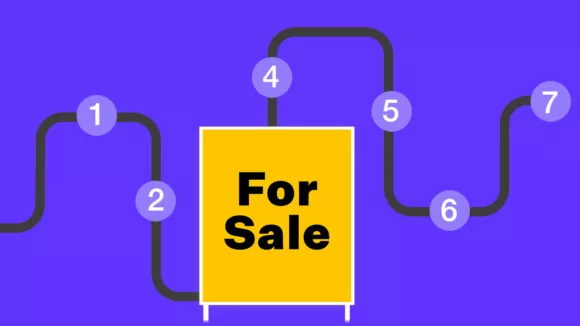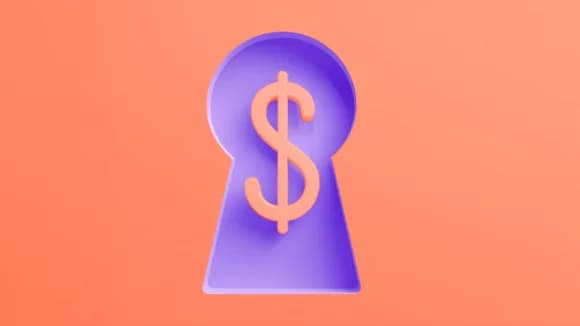Valuation
Cost: $800 to $1200
When you apply for a mortgage, the bank will often require you to get a registered valuation. That often happens even if the property isn’t built yet.
Your mortgage adviser will send you a link from the bank. You click on the link, and pay this using any debit or credit card.
Travel
Cost: $700 - $1000 per trip for a couple
This cost won’t apply to all investors.
Let’s say you live in Auckland and plan to invest in Christchurch. You may want to visit the site before you go unconditional, so you’ll pay for flights and potentially accommodation.
This is not compulsory. And you won’t pay this if you invest in your home city.
You’ll pay Air New Zealand (or Jetstar) and your hotel directly, so you can pay this using any debit or credit card.
Lawyer (partial cost)
Cost: $300
If you’re buying a New Build you often won’t pay your lawyer until settlement. That’s if you decide to go ahead and buy the property.
But some lawyers request a partial payment at due diligence.
The amount is different for each investor. However, some investors have been charged $300 in the past.
Most lawyers will send you an invoice, so you will pay this through a bank transfer.
If you decide not to buy the property, lawyers will send you a larger bill for the work they have done.
House deposit
Cost: 10% of the purchase price
If you decide to buy the property, you’ll need to pay a deposit to the developer’s lawyer.
This is typically 10% of the purchase price. So if the property is worth $600,000, you’ll pay a $60,000 deposit.
After 10 days due diligence and the investor goes unconditional, the 10% deposit is payable.
Most investors borrow this from the bank. If so, then interest will be payable on that.
But if the investor is paying cash, then interest costs don’t apply.








